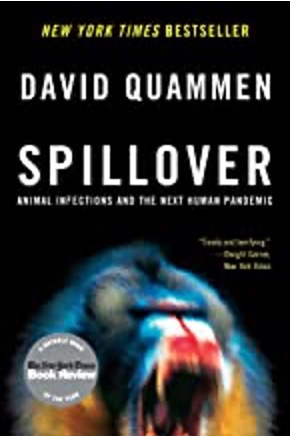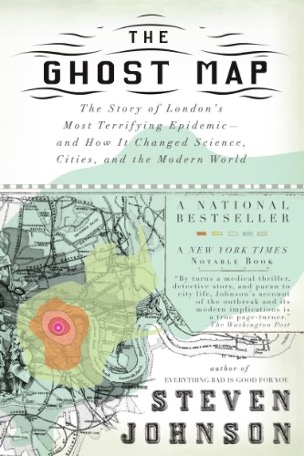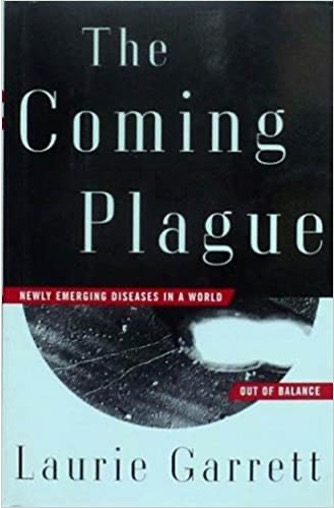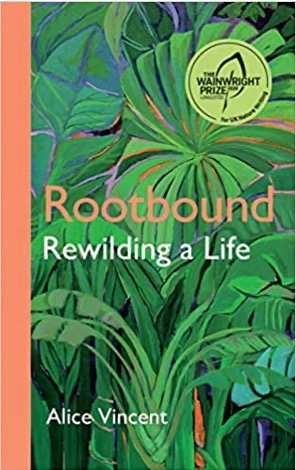Good books and summer go together. So how about a great read that looks back in time to see how people confronted pandemics in the past? It’s interesting to see that our daily experiences in 2020 are not that different from the fear and anger that others felt many years ago.
The biggest difference between our 21st selves and people of bygone years is our connectivity. The internet, 24/7 news cycle, and social media has numbed many. Instead, we suggest an old-fashioned way to gain knowledge – by reading books.
Pour a tall iced tea or a róse and see how our world has confronted unknown diseases, made mistakes then learned, and eventually recovered. Economies changes and people change so they can learn for the future.
This short list of best sellers, all based on science, can add a deeper perspective to our own journey through this pandemic.
 Pandemic 1918
Pandemic 1918
Historian Catherine Arnold presents an easy-to-read narrative of the progression of influenza throughout the world. WW1 was already raging when along came the virus. Her scholarship is evident and there are many fascinating excerpts from letters, logs, and newspapers.
 Spillover
Spillover
Animal Infections and the Next Human Pandemic
Ironically, this book forecasts a new corona virus that would be unstoppable in chapter 5. Another bestselling author, this one a science writer with impeccable attention to the science. This is an essential read to understand zoonotic diseases like SARS, MERS, Ebola and others. Epidemiologist have been signaling the world for two decades that the next emerging disease will be zoonotic.
 The Ghost Map
The Ghost Map
The Story of London’s Most Terrifying Epidemic – and How it Changed Science, Cities and the Modern World
Mid 1800s in the crowded city of London, Cholera arrives. The sewage filled Thames River is where scavengers search for items fallen from ships, helping to spread the disease. The epidemic propelled changes in both economics and sanitation. It’s a fascinating read by another award-winner author that understands science.
 The Coming Plague
The Coming Plague
Newly Emerging Diseases in a World Out of Balance
Although written in 1995, the fundamentals of epidemics do not change. This award-winning author received rave reviews for telling the good news (and not so good news) about how humans have managed disease in the past. Its background is relevant for this moment in time.
 Rootbound
Rootbound
Rewilding a Life
Recommended by Financial Times this book was just published in January of this year. They described it as a beautifully composed memoir of a young woman living in a bustling city. Remembering the joy she felt working in her grandfathers’ garden as a child, she begins to transform her window ledge to bring nature to her city flat.


Leave a Reply